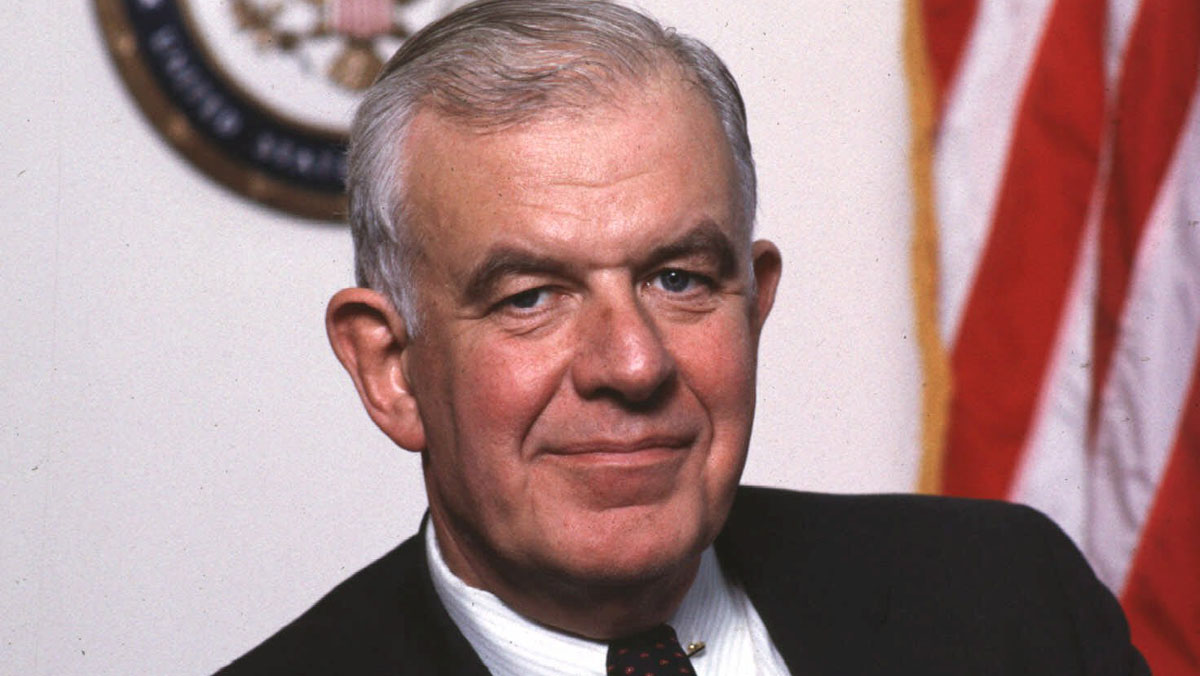Table Of Content

An election for speaker took place on January 3, 1957, on the opening day of the 85th Congress, two months after the 1956 elections in which Democrats won a majority of the seats. An election for speaker took place on January 5, 1955, on the opening day of the 84th Congress, two months after the 1954 elections in which Democrats won a majority of the seats. Former speaker Sam Rayburn received a majority of the votes cast and was elected speaker, becoming the first member since Henry Clay in the 1820s to have a third stint as speaker. An election for speaker took place on January 3, 1951, on the opening day of the 82nd Congress, two months after the 1950 elections in which Democrats won a majority of the seats.
December 1805
John Boehner was elected speaker when the 112th Congress convened on January 5, 2011, and was subsequently re-elected twice, at the start of the 113th and 114th Congresses. The House elects a new speaker by roll call vote when it first convenes after a general election for its two-year term, or when a speaker dies, resigns or is removed from the position intra-term. Gingrich managed to restore many of the powers of the speakership but clashed repeatedly with Clinton and even with Republican leaders in the Senate.
Former Michigan House leader and wife charged with misusing political funds - The Associated Press
Former Michigan House leader and wife charged with misusing political funds.
Posted: Tue, 16 Apr 2024 07:00:00 GMT [source]
October 2023
In May 2018, Ryan led the House in passing the Economic Growth, Regulatory Relief and Consumer Protection Act, which partially repealed the Dodd-Frank Act.[155] It was signed into law by President Trump a few days later. The economy was still recovering from its postwar recession and labor unrest was widespread, including major strikes by coal miners and railroad workers. Scalise had dropped out of the speaker’s race earlier this month after House Republicans failed to coalesce behind him. White House spokesperson Andrew Bates ticked off Biden’s latest $105 billion national security supplemental funding request priorities as he contrasted those efforts with the ongoing dysfunction in the legislative branch. McCarthy did not publicly endorse a candidate when Rep. Jim Jordan and House Majority Leader Steve Scalise vied for the nomination. Rachel Paine Caufield is a professor of political science at Drake University.
December 1873
The outgoing speaker will usually join the successor at the speaker's chair, where they will pass the gavel as a nod to the peaceful transition of power from one party leader to another. This time around, that will be Pelosi, the California Democrat who held the gavel for the last four years. Once a speaker candidate won a majority of the vote, the clerk will announce the results of the election. The candidate to become speaker needs a majority of the votes from House members who are present and voting. The chamber cannot organize until it has a speaker since that person effectively serves as the House's presiding officer and the institution's administrative head. The House can elect a new speaker at any time if the person occupying that role dies, resigns or is removed from office.
December 1915
In the early months of his speakership, he negotiated with the White House over budget compromises that might be acceptable to both parties. But when he brought a version of his "grand bargain" to his troops, they rebelled. When time came to raise the debt ceiling, to accommodate new borrowing to pay for longstanding U.S. obligations, the House balked.
A Modern History Of House Speaker Drama
His predecessor, Frederick Gillett of Massachusetts, also had the top job for less than five years. But when he left after the 1924 session, his party was still firmly in control and had just elected President Calvin Coolidge to a full term. The next two Republican speakers would be John Boehner, elevated to the job by the GOP recapture of the House in the "Tea Party" election of 2010. Boehner worked hard to fashion budget deals with both a Democratic President Barack Obama and a Democratic Senate. But his efforts alienated some in his own ranks who in 2015 formed an insurgent group known as the House Freedom Caucus. Increasingly exasperated with his untenable predicament, Boehner simply resigned in October of that year.
January 1979

In 1997, in his second Congress as speaker, he barely survived a largely covert challenge from within his own leadership team. And just shy of his fourth anniversary in the job, he was voted out by the full House Republican conference in December 1998. Through the long period of Democratic hegemony in the House, the party often bridged its regional divide on what was called the "Boston-Austin axis." The leadership alternated between Southerners and Northerners, often from Massachusetts or Texas. McCormack kept the line going when he acceded to the top job on Rayburn's death.
An election for speaker took place on November 9, 1903, at the start[c] of the 58th Congress following the 1902 elections in which Republicans won a majority of the seats. An election for speaker took place on December 1, 1873, at the start of the 43rd Congress, following the 1872–73 elections in which Republicans won a majority of the seats. James G. Blaine received a majority of the votes cast and was re-elected speaker.
As set out under the Constitution, the session will begin at noon on Jan. 3, with all the lawmakers seated on the House floor and members from both parties joining in the vote for speaker. By the 1970s, committees had gained such control over legislative outcomes that widespread reforms were adopted, which shifted power back to the speaker. Second, the speaker manages business on the floor and navigates legislative rules, structuring House debate in a way that will advantage their legislative priorities. Adherence to strict rules and procedures is necessary to overcome the difficulty of managing a large legislative body like the House of Representatives. The longest serving speaker was Sam Rayburn of Texas, who served on three separate occasions in the 1940s, 50s, and 60s. One Speaker, James K. Polk, went on to become the 11th President of the United States; both Schuyler Colfax and John Nance Garner later became Vice President.
Weeks later, Democrats unanimously chose Rep. Hakeem Jeffries to become their leader as the party transitions into the minority. From 1977 to 1995, three successive Democratic speakers – Thomas “Tip” O’Neill, Jim Wright and Tom Foley – reinvigorated the speakership. They enlarged the party leadership structure, creating wider networks of loyalty among members of the majority party while strengthening support for their priorities. By 1910, Speaker Joe Cannon had centralized power to such an extent that many of his own party members rebelled. Often called the second most powerful job in Washington, the speaker of the House has a vast array of responsibilities and daily duties.
An election for speaker took place on January 3, 1991, on the opening day of the 102nd Congress, two months after the 1990 elections in which Democrats won a majority of the seats. An election for speaker took place on January 3, 1989, on the opening day of the 101st Congress, two months after the 1988 elections in which Democrats won a majority of the seats. An election for speaker took place on January 6, 1987, on the opening day of the 100th Congress, two months after the 1986 elections in which Democrats won a majority of the seats. An election for speaker took place on January 3, 1985, on the opening day of the 99th Congress, two months after the 1984 elections in which Democrats won a majority of the seats. An election for speaker took place on January 3, 1983, on the opening day of the 98th Congress, two months after the 1982 elections in which Democrats won a majority of the seats. An election for speaker took place on January 5, 1981, on the opening day of the 97th Congress, two months after the 1980 elections in which Democrats won a majority of the seats.
The speaker is responsible for ensuring that the House passes legislation supported by the majority party. In pursuing this goal, the speaker may use their influence over the Rules committee, which is in charge of the business of the House. Historically, there have been several controversial elections to the speakership, such as the contest of 1839. In that case, even though the 26th United States Congress convened on December 2, the House could not begin the speakership election until December 14 because of an election dispute in New Jersey known as the "Broad Seal War".

No comments:
Post a Comment